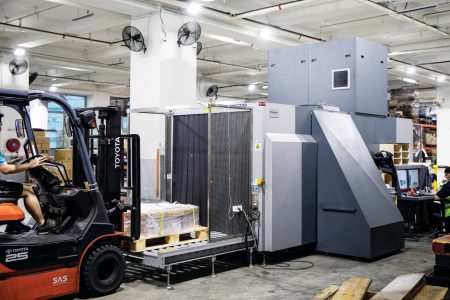The introduction of screening for 100 per cent of all cargo shipments departing Hong Kong has gone well, said Cathay Cargo and the membership of HAFFA – the Hong Kong Association of Freight Forwarding & Logistics.
‘Other than some basic teething troubles, which were cooperatively resolved, agents’ operations appear to have coped quite smoothly,’ said Brian Wu, Immediate Past Chairman of HAFFA and Director of BEL International Logistics.
From 1 March this year, all shipments departing Hong Kong have had to be screened – four months ahead of the official International Civil Aviation Organization (ICAO) implementation deadline for global screening of all shipments, on 1 July 2021.
Under a plan developed with the cargo industry and the Hong Kong Civil Aviation Department, freight forwarders have been undergoing a phased introduction using regulated air cargo screening facilities (RACSFs) based away from the airport.
‘Most agents, no matter if they are big or small, have outsourced their screening/palletization services to common RACSF facilities,’ said Wu: a step which has helped to ensure a smooth flow of cargo. In addition, ‘out of 281 HAFFA members that are Regulated Agents, around 16 per cent of them are also RACSFs providing self-screening facilities.’
‘Some of our members have expressed the view that the relative ease may be attributed to low cargo volumes,’ added Wu, noting that the reduction in passenger flights may have helped to bed in the process and prevent the bottlenecks that might have resulted had cargo demand been at ‘normal’ levels.


